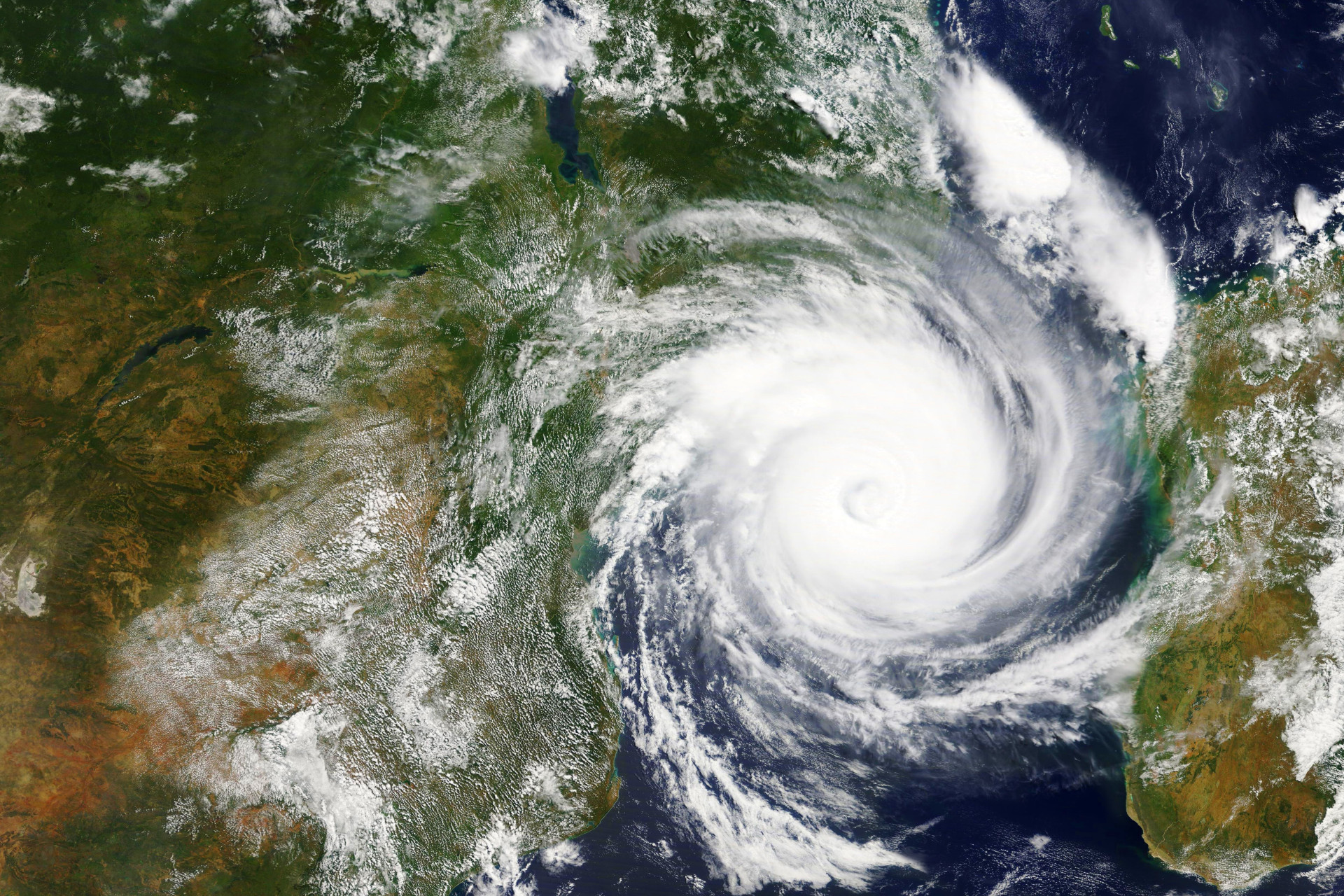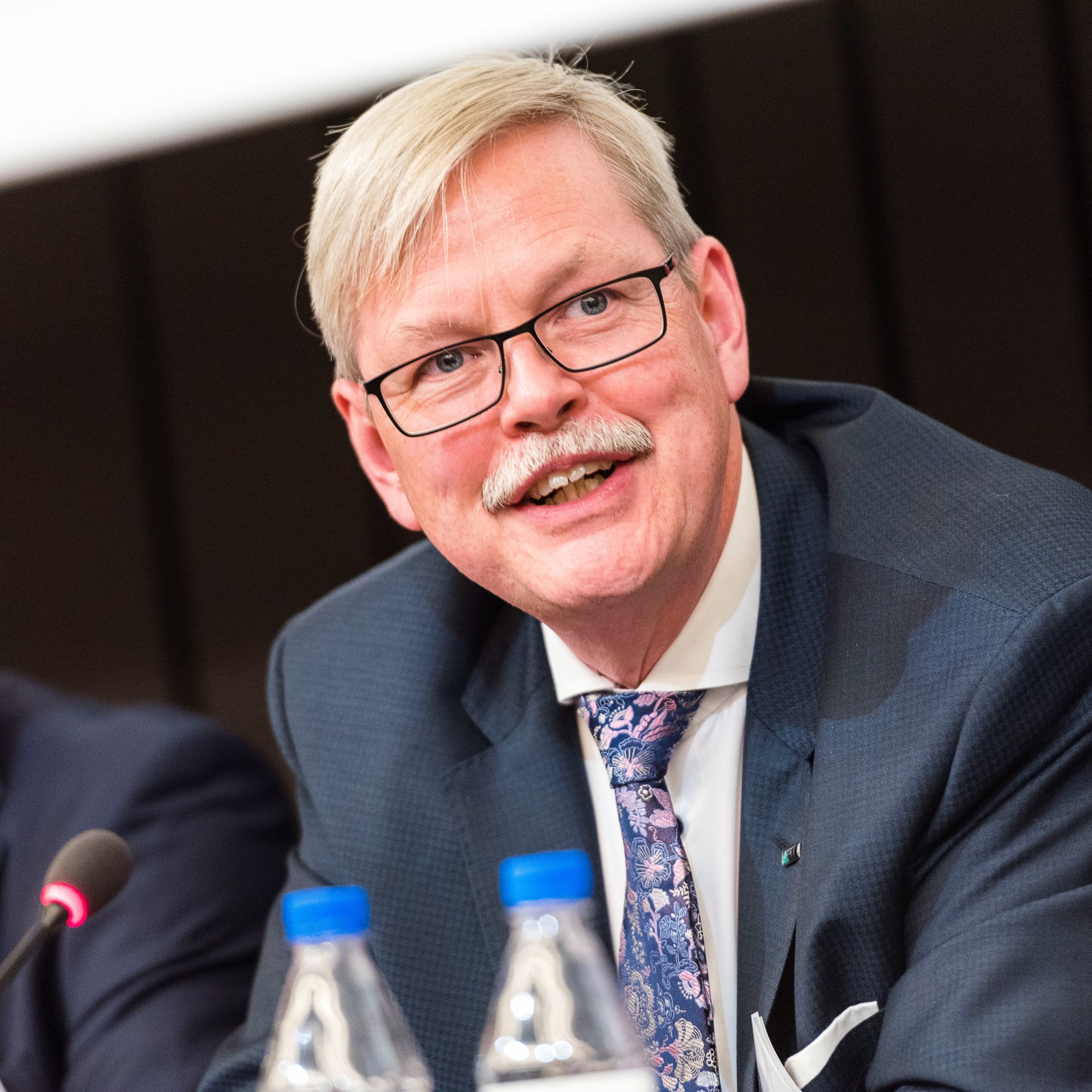“We're looking for dialogue across Europe, not only in the EU.”
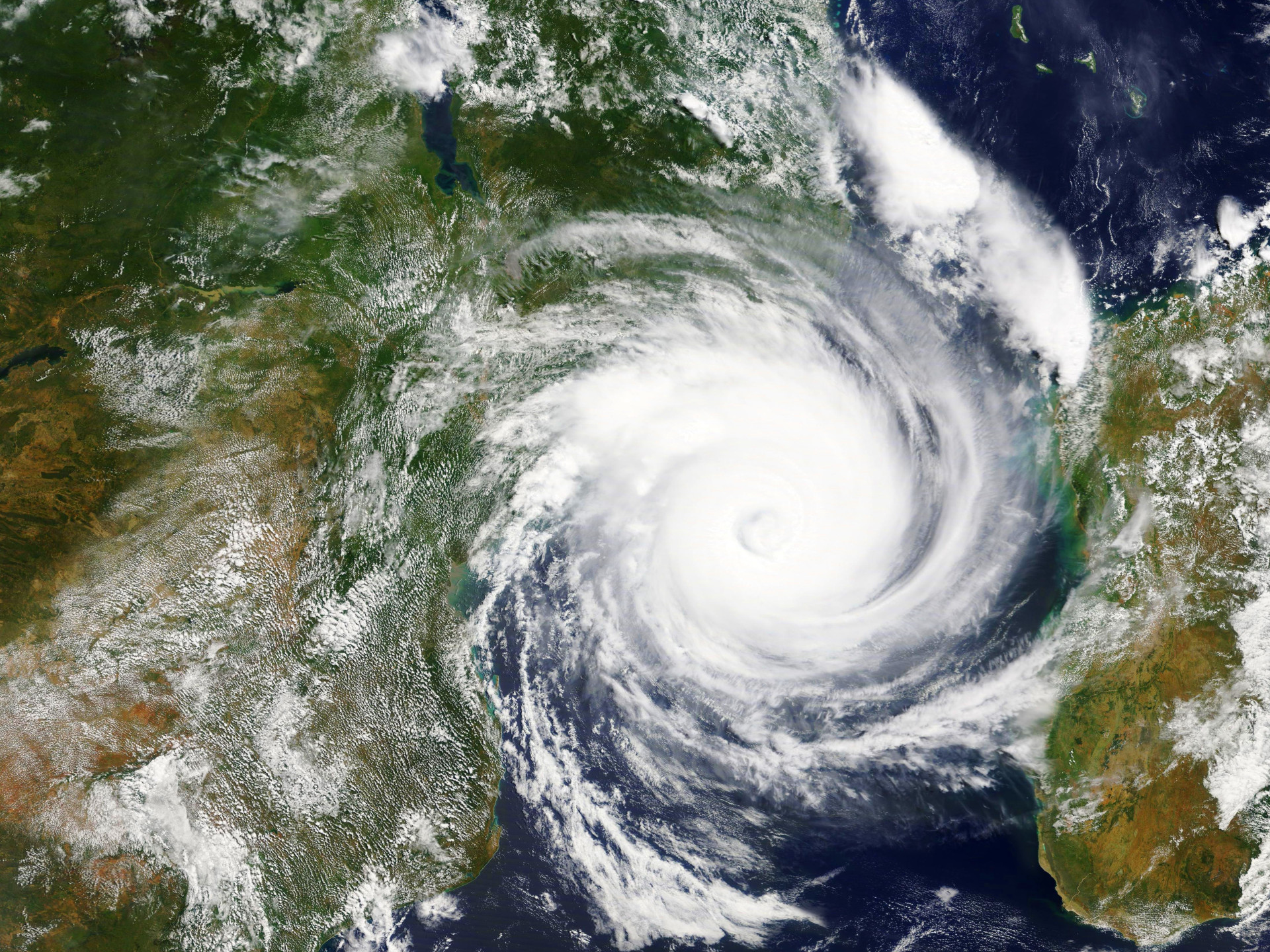
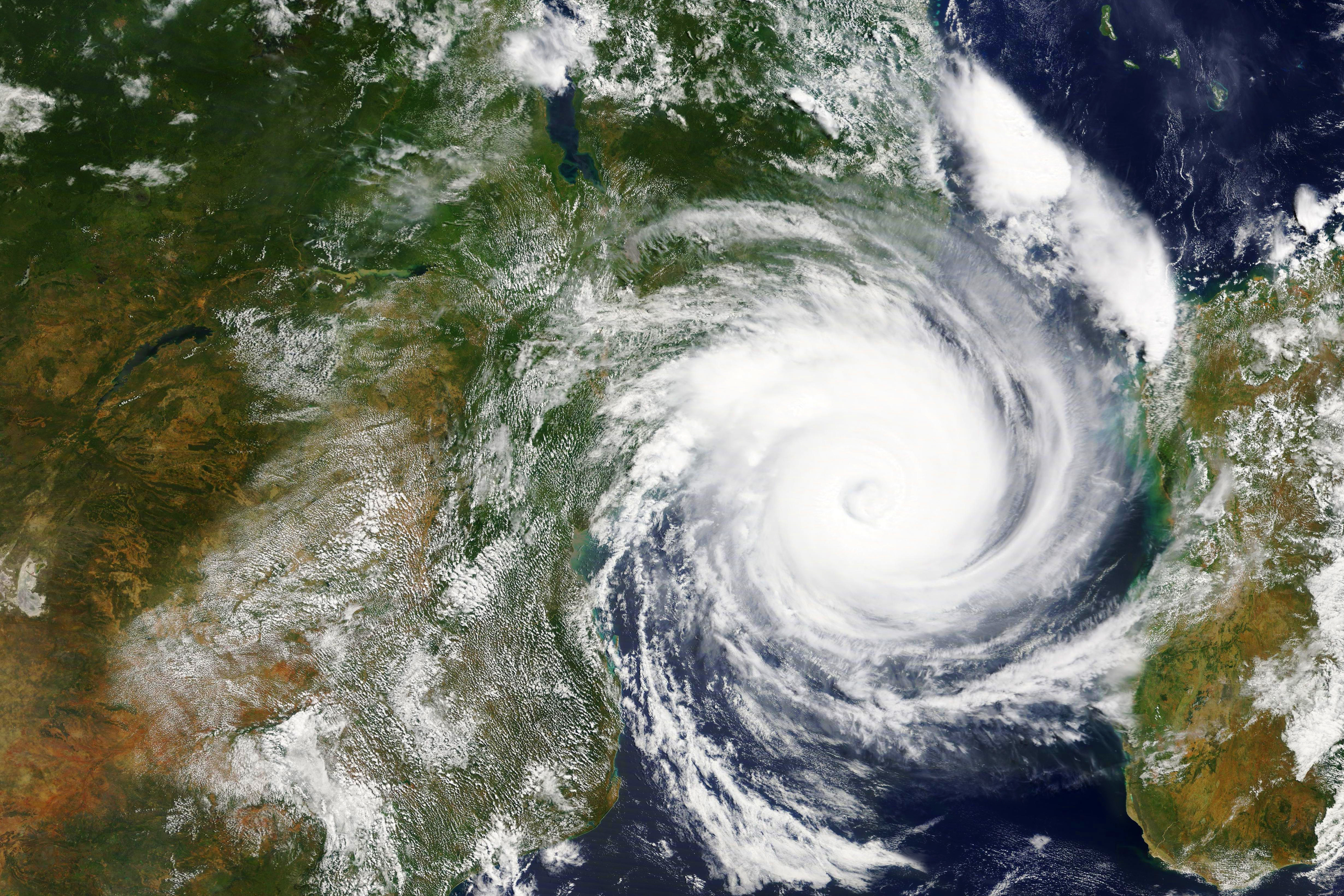
The European Climate Research Alliance (ECRA) will be celebrating its tenth anniversary on March 10. In this interview, we talk to climate researcher and ECRA Chair Peter Braesicke about the idea behind the founding of the climate research network and about future challenges.
Mr. Braesicke, there is a phenomenon in the Mediterranean called “medicanes.” These are powerful cyclones. The European Climate Research Alliance has investigated the correlation between climate change and the development of this extreme weather phenomenon. What have you learned?
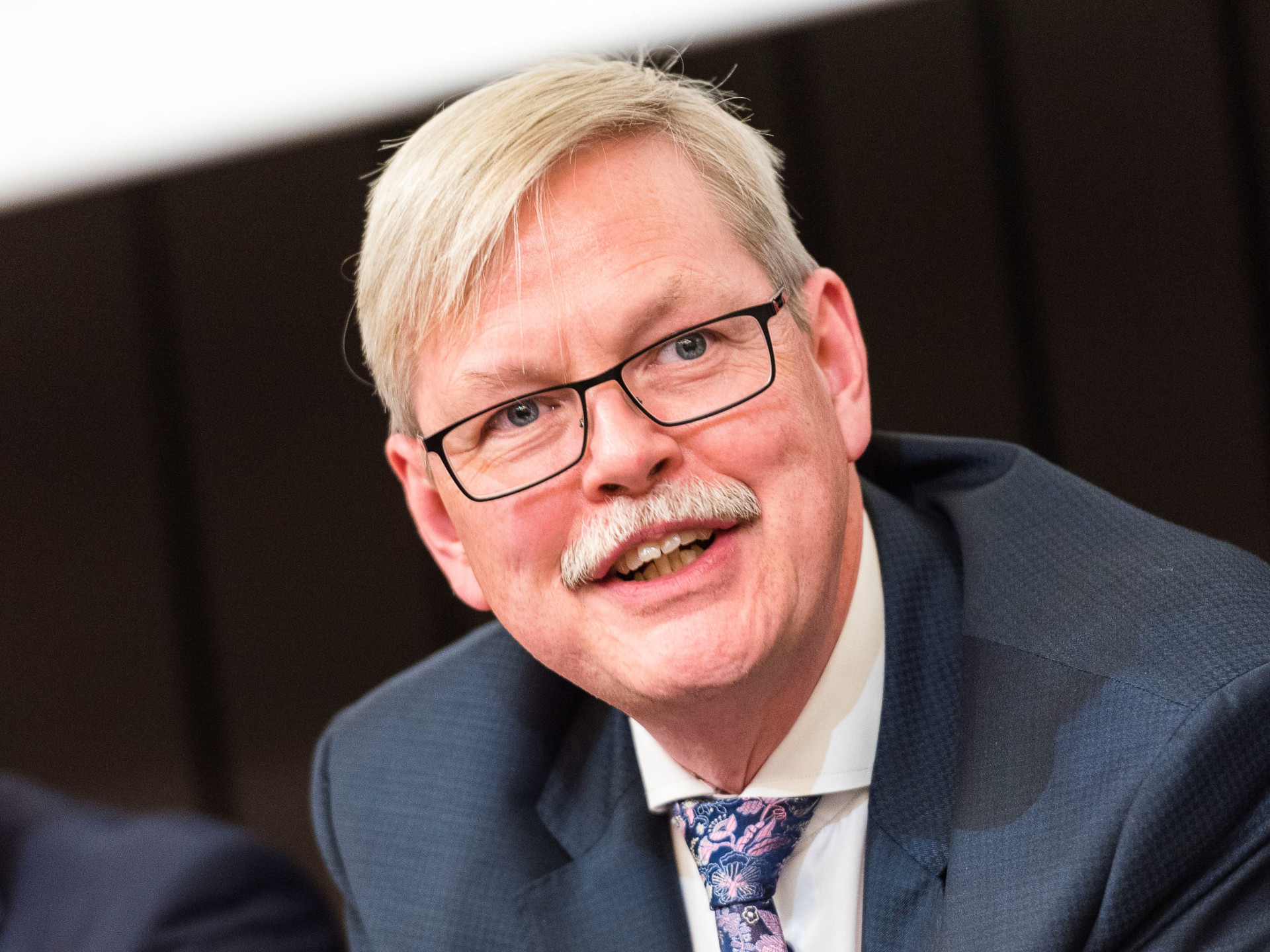
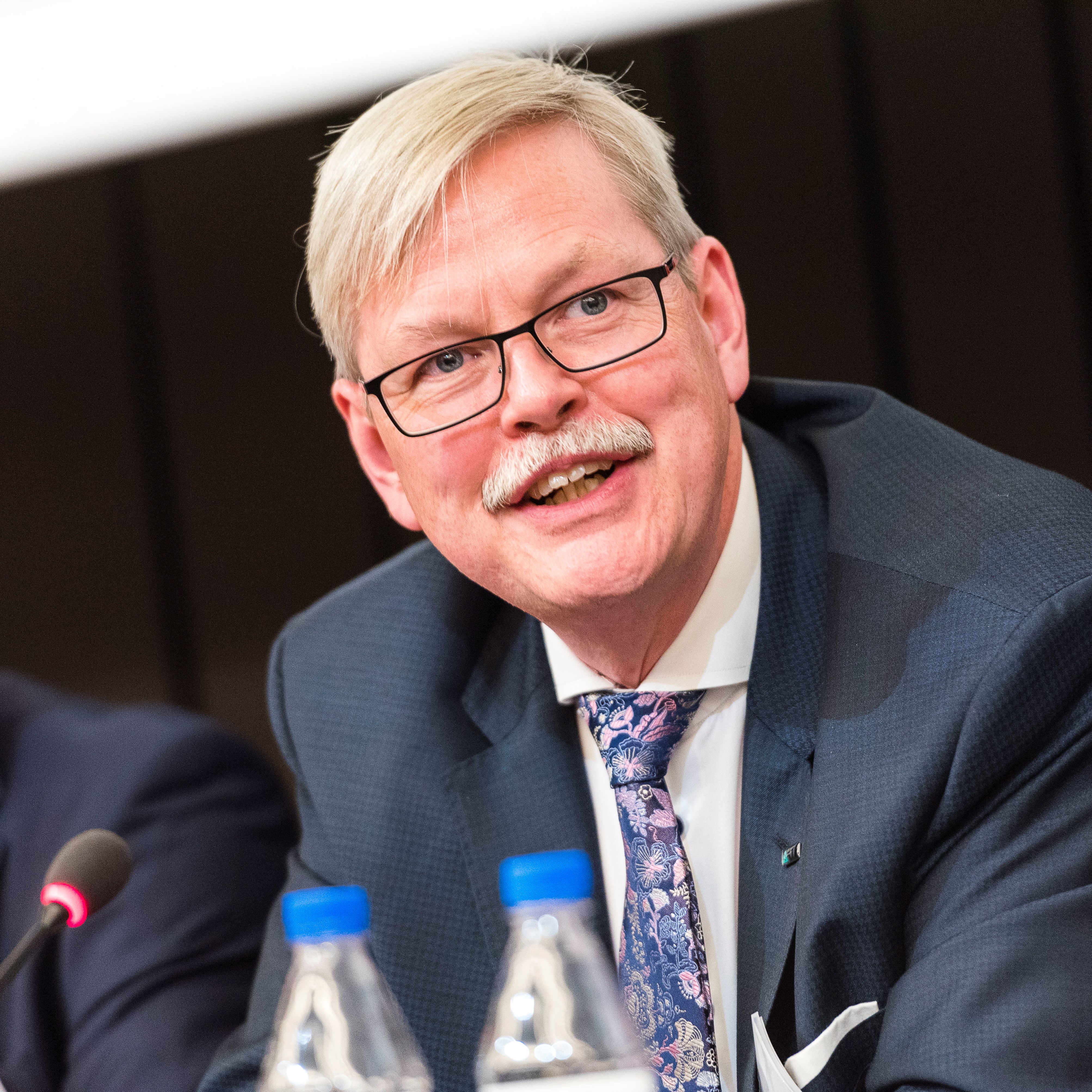
Medicanes truly are an exciting phenomenon. They typically appear in the fall, when colder air from the north meets warmer, humid air over the Mediterranean. This can lead to the appearance of cyclones that have the characteristics of hurricanes. This is both an exciting weather phenomenon and also one that is very well suited to studying together with international partners and in the context of climate change, because the topic calls for a very diverse range of expertise. This is why we decided to cover the topic here at ECRA. It makes a lot of sense when you consider that our network currently includes 23 research organizations from eight European countries.
And what have you discovered? How are climate change and medicanes related?
Well, ultimately you can say that with increasing climate change – in this case, rising Mediterranean temperatures – medicanes will not become more frequent, but they will become stronger. They will become more extreme.
Is this a typical example of ECRA’s work?
This was more of a small, in-house research project we conducted. ECRA doesn't primarily conduct research itself – mainly we bring European climate researchers from different countries together. The core task of the alliance is to act as a network for the exchange of ideas in the climate research community. When the alliance was founded ten years ago, the idea was to unite scientific expertise from different fields and to collectively examine the question of how the priorities for European climate research can be structured in a meaningful way.
What does that mean specifically? In the ECRA’s view, what are the key points for European climate research?
Since our founding ten years ago, we have been working in four collaborative programs. These four programs represent the key topics of our member organizations’ research and at the same time, in our opinion, the most important questions in climate research. These include the development of the polar regions, the rise in sea levels, extreme weather events and the water cycle. We want to pool our strengths “from the bottom up” in these areas.
Related links
Weitere Informationen
Is that a purely scientific concern, or is it also about politics?
The person behind the founding of ECRA is Karin Lochte, who at that time was Scientific Director of the Alfred Wegener Institute (AWI) in Bremerhaven. Her idea quickly found a positive reception both among scientists as well as in the political sphere. Our network not only aims to unite the expertise of various European scientific organizations in the best possible way. We also want to serve an advisory function for European policy. This is how it came to be, for example, that our founding event in 2011 was held at the European Parliament. Close contact to stakeholders from national and European politics has always been fundamental for us.
Has ECRA’s understanding of its identity changed over the years?
No, I wouldn't say that. Rather, over the years it's become more precise. As an illustration, we continuously monitor the synergy between the four research areas and make adjustments as needed. This led, for example, to the change from arctic research to polar research, which also includes the Antarctic.
What do you hope to see happen in the next ten years?
Obviously we hope to acquire more members for one thing. We will also work to make our research topics more up-to-date and further expand our network. In doing so, we hope to provide an even greater contribution to the advancement of European climate research. When we say “European”, by the way, we don't only mean the community of EU countries. We also actively seek dialogue with those countries that don't belong to the EU. Additionally, right now we are discussing more closely integrating the health and social sciences with climate research and further intensifying the synergies between these disciplines.
The big 10-year anniversary celebration will have to be canceled this year. What will you do instead?
Yes, that's unfortunately the case. We’re going to postpone the “real” anniversary celebration until March 2022. Hopefully we’ll be able to meet up together in person by then. But we've also been able to put together an exciting program for our online celebration this year, with wonderful guests from the political and scientific communities and an exciting host: Peter Gibbs, former BBC weather announcer and executive board member of the Walker Institute. Weather and climate play a much larger role in public life in Great Britain than here. We’ll certainly experience this enthusiasm ourselves at our event!
